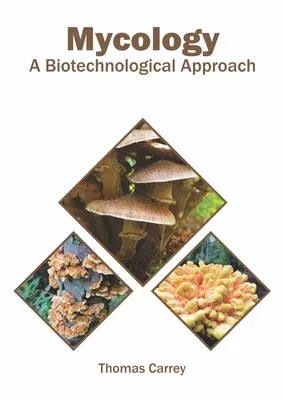Mycology is a field of biology which is concerned with the study of
fungi, including all aspects of their taxonomy, use, and biochemical and
genetic properties. Fungi are eukaryotic heterotrophic organisms which
acquire food by absorbing dissolved molecules, usually by secreting
digestive enzymes into their environment. Many fungi produce toxins,
antibiotics and other metabolites. For centuries mushrooms have been
part of folk medicine in several parts of the world. Research focused on
the investigation of the hypoglycemic activity of mushrooms, as well as
their anti-pathogenic, immune-enhancing and anti-cancer activity is
being actively pursued. Fungi can also break down complex organic
biomolecules, pollutants and polycyclic aromatic hydrocarbons. Certain
fungi, such as oomycetes and myxomycetes cause diseases in plants and
animals. However, there are many fungal species which also control plant
diseases caused by different pathogens. This book includes some of the
vital pieces of work being conducted across the world, on various topics
related to mycology. The objective of this book is to give a general
view of this field and its applications. It aims to serve as a resource
guide for students and experts alike and contribute to the growth of
this discipline.

